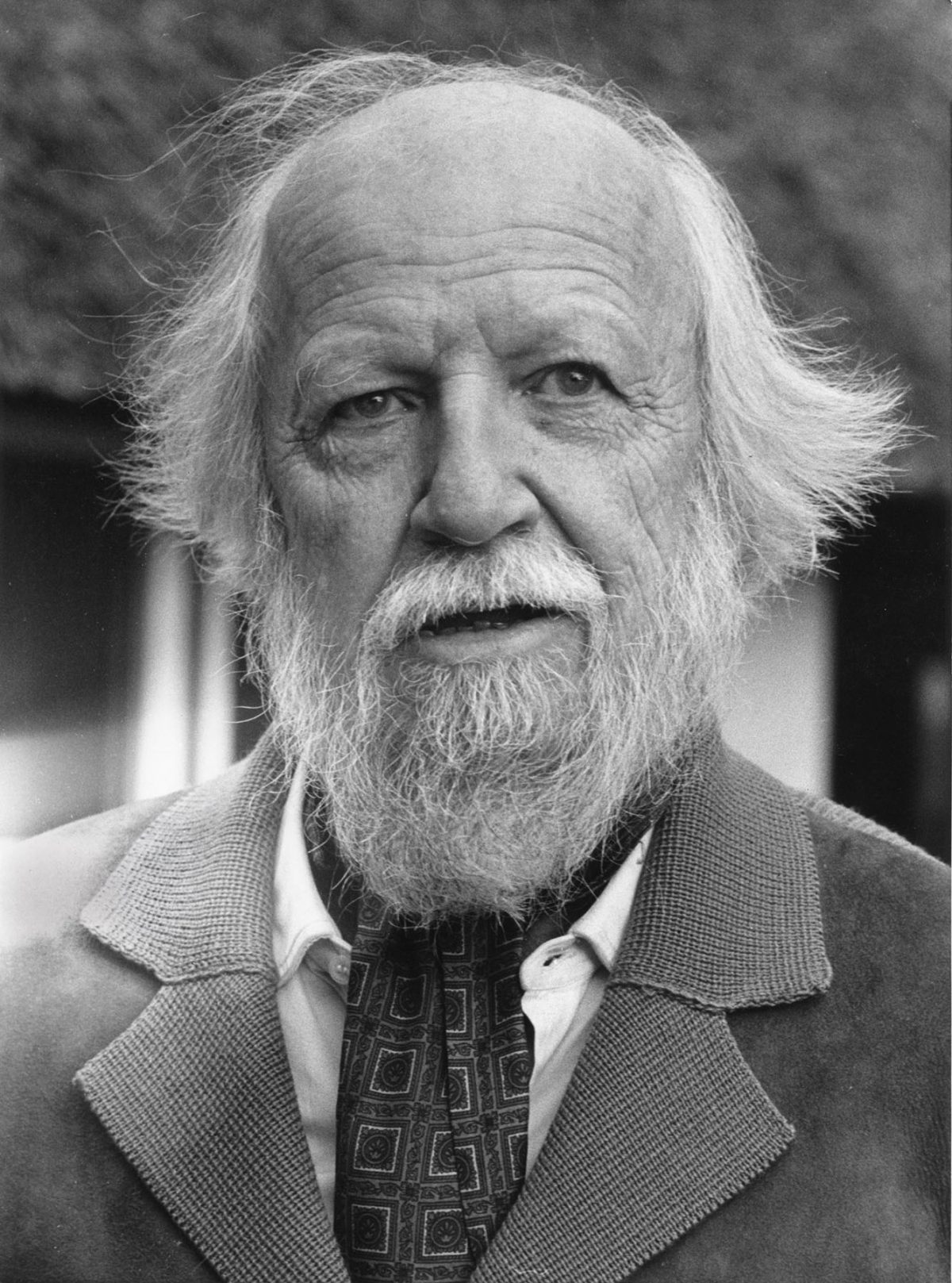 At the end of the great novel Lord of the Flies (1954) by William Golding, the hero, Ralph, a 12-year-old schoolboy, cries. The narrative comments that he cries for the end of innocence and the darkness in man’s heart, which are weighty issues treated in the novel. Yet the plot of this tale takes the reader through a story about children left on their own and playing games, although of course, that is only the simplistic surface of it. It is a major work of irony.
At the end of the great novel Lord of the Flies (1954) by William Golding, the hero, Ralph, a 12-year-old schoolboy, cries. The narrative comments that he cries for the end of innocence and the darkness in man’s heart, which are weighty issues treated in the novel. Yet the plot of this tale takes the reader through a story about children left on their own and playing games, although of course, that is only the simplistic surface of it. It is a major work of irony.
Lord of the Flies is a novel about power. It is set in a time of war and deals with the primitive lust for power in the very depths of the mind of man; war and the consequences of war when the super-ego is stripped away and the unfettered id takes command in an uncontrolled environment. It is a story about children in a make-believe world who play out their fantasies. This is very much like the fairy tales, which can be frightening when seriously studied. And, like all those fables, speak to the real contemporary situation.

